The U.S. Food and Drug Administration (FDA) is tightening its scrutiny of ultra-processed foods, a category that includes popular snacks like potato chips and instant noodles. This move comes amid growing concerns over the health risks associated with heavily processed products, which often contain additives, preservatives, and high levels of salt, sugar, and unhealthy fats. The FDA's heightened focus could lead to stricter labeling requirements, reformulation of products, or even market restrictions for certain items.
For decades, ultra-processed foods have dominated supermarket shelves, offering convenience and affordability to consumers. However, recent studies have linked these products to a range of health issues, including obesity, diabetes, and cardiovascular diseases. The FDA’s decision to take a harder look at these foods reflects a broader shift in public health priorities, as regulators and consumers alike demand greater transparency and healthier options.
Potato chips, a staple in American snack culture, are among the products under the microscope. These crispy, salty treats are typically loaded with artificial flavors, excessive sodium, and unhealthy oils. While they remain a favorite for many, their nutritional profile has long been a point of contention among health experts. The FDA’s potential crackdown could force manufacturers to rethink their recipes, possibly reducing harmful ingredients or finding cleaner alternatives.
Similarly, instant noodles—another beloved convenience food—face increased scrutiny. Known for their long shelf life and quick preparation, these noodles often contain high levels of sodium and preservatives like tertiary butylhydroquinone (TBHQ). Critics argue that frequent consumption of such products contributes to poor dietary habits, particularly among younger demographics. The FDA’s actions may prompt noodle brands to revise their formulations or provide clearer health warnings on packaging.
The debate over ultra-processed foods isn’t new, but the FDA’s recent stance signals a more aggressive approach. Some industry insiders speculate that the agency could introduce mandatory "highly processed" labels or limit the use of certain additives. Such measures would align with global trends, as countries like Chile and Mexico have already implemented strict regulations on unhealthy foods, including taxes on sugary drinks and bans on junk food advertising to children.
Consumer advocacy groups have largely welcomed the FDA’s initiative, though some argue that the agency should go even further. "Labeling is a good first step, but we need enforceable limits on harmful ingredients," said one nutritionist familiar with the matter. Others caution that overly restrictive policies could lead to higher food prices or reduced accessibility for low-income families, who often rely on affordable processed options.
Food manufacturers, meanwhile, are bracing for potential disruptions. Major snack and noodle companies have already begun exploring healthier ingredient swaps, such as using whole grains or natural seasonings. However, reformulating popular products without compromising taste or texture presents a significant challenge. "Consumers won’t accept a bland chip or a mushy noodle, no matter how healthy it is," remarked an industry executive.
As the FDA’s review unfolds, one thing is clear: the era of unchecked ultra-processed foods may be coming to an end. Whether through stricter regulations, voluntary industry changes, or shifting consumer preferences, the snack aisle of the future could look very different. For now, potato chips and instant noodles remain on the menu—but their recipes might not stay the same for long.

By Jessica Lee/Apr 9, 2025
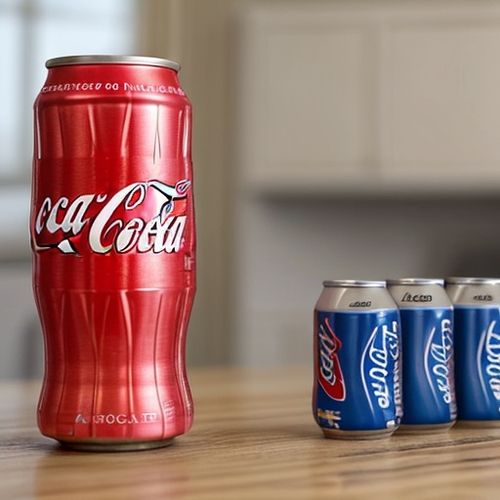
By Eric Ward/Apr 9, 2025

By Grace Cox/Apr 9, 2025
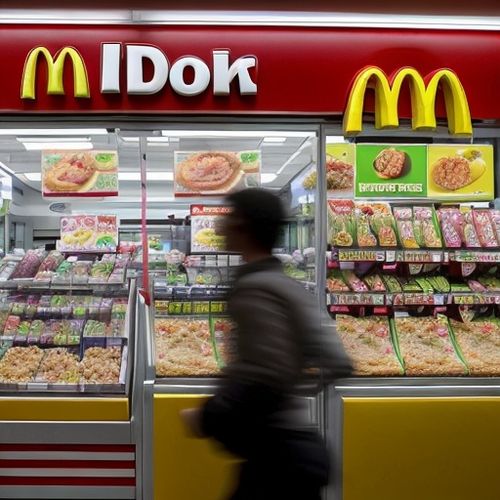
By Joshua Howard/Apr 9, 2025
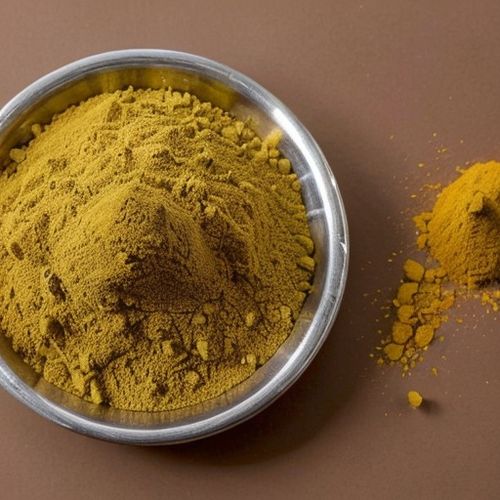
By Noah Bell/Apr 9, 2025
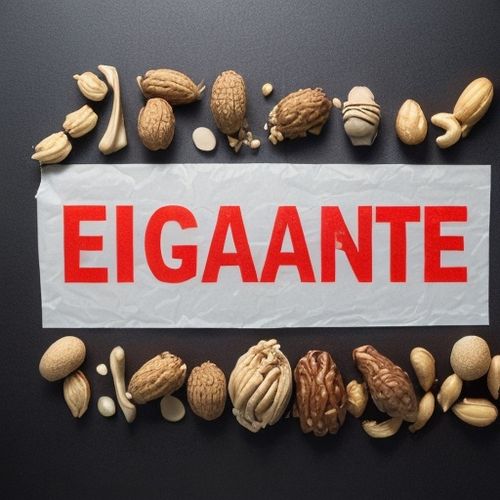
By Natalie Campbell/Apr 9, 2025
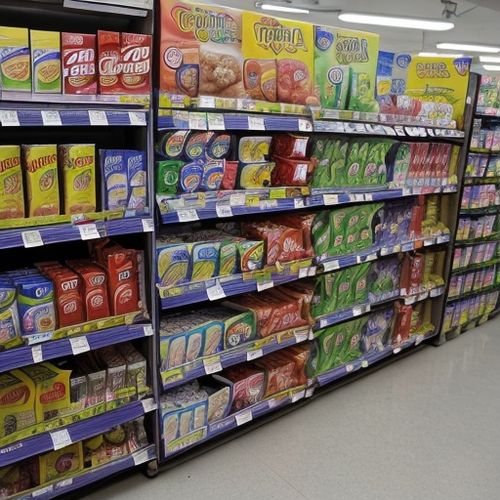
By Grace Cox/Apr 9, 2025

By Emma Thompson/Apr 9, 2025

By James Moore/Apr 9, 2025

By Daniel Scott/Apr 9, 2025

By Victoria Gonzalez/Apr 9, 2025
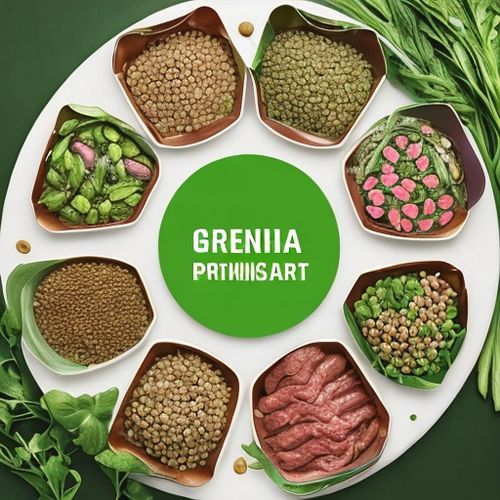
By Noah Bell/Apr 9, 2025

By Ryan Martin/Apr 9, 2025

By Emma Thompson/Apr 9, 2025

By Emma Thompson/Apr 9, 2025

By Daniel Scott/Apr 9, 2025

By Christopher Harris/Apr 9, 2025
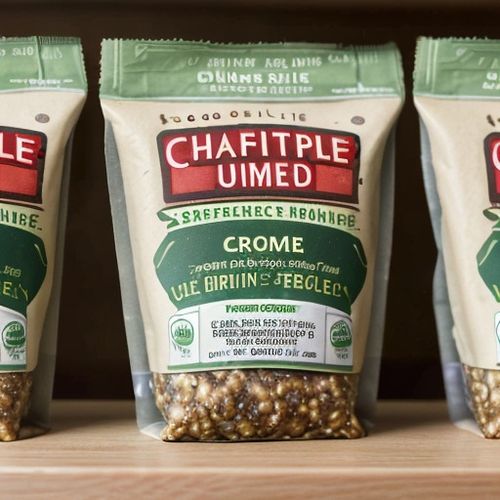
By Joshua Howard/Apr 9, 2025